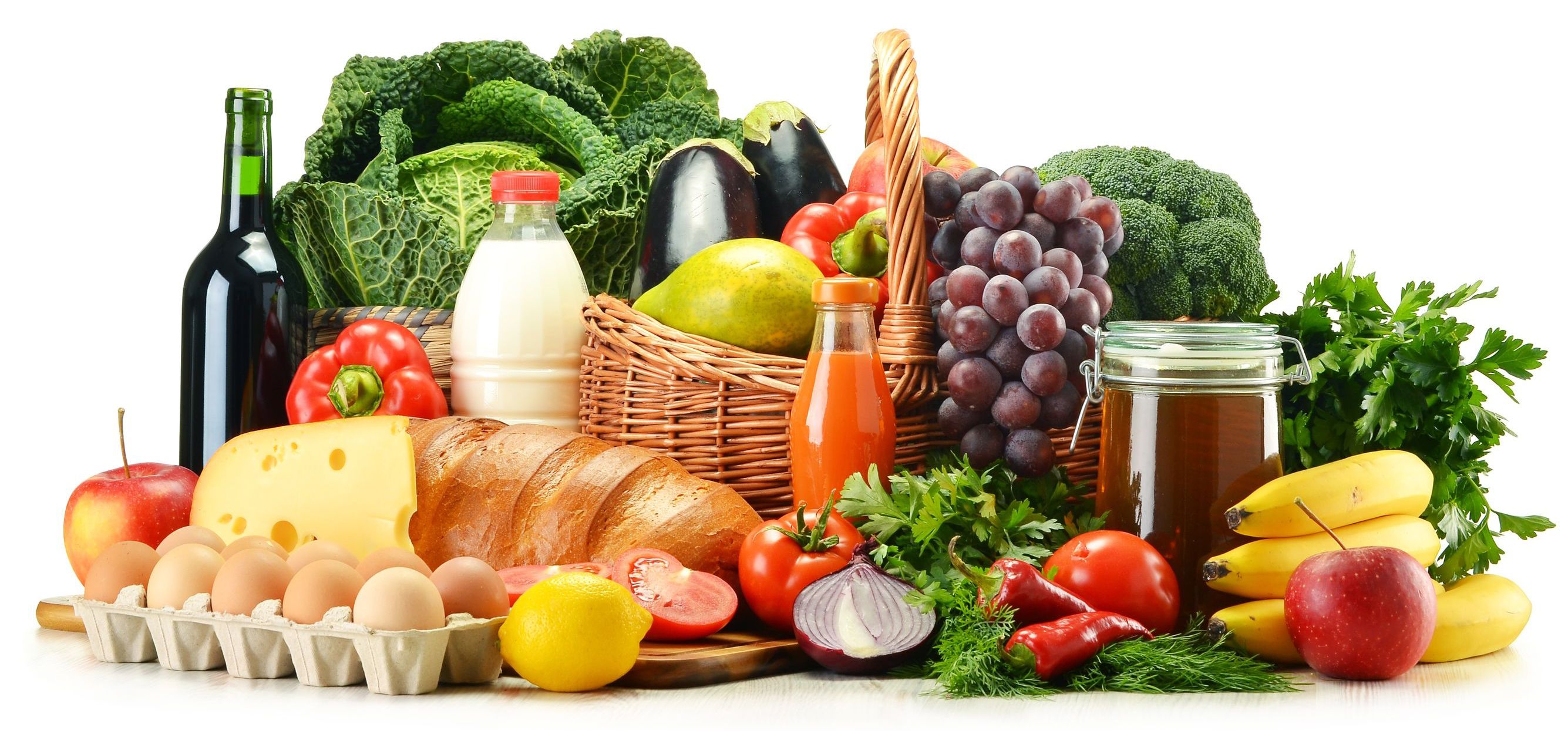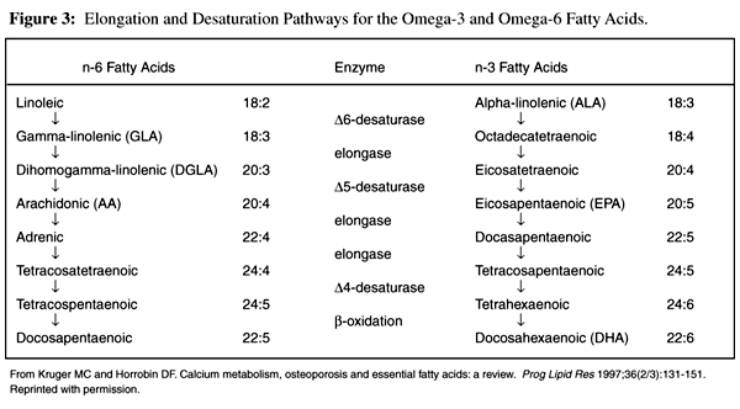Food to Fight Cancer
A 2-Part Series
SOURCE: Medscape Oncology ~ 11-20-2013
NOTE: Registration is free @ Medscape
By Laura A. Stokowski, RN, MS
Editor’s Note: In this 2-part series, Medscape looks at diet as an essential therapeutic strategy for cancer patients. Part 1 focuses on the nutritional assessment of cancer patients, foods that help patients cope with side effects, and ways to make fortifying foods more appealing to the cancer-dulled appetite. Part 2 looks at extreme nutrition and the growing interest in fighting cancer with food.
Speaking to Medscape on these topics are 2 high-profile cancer nutrition and food experts. Suzanne Dixon, MPH, MS, RD, is a dietician, author, speaker, and internationally recognized expert in chronic disease prevention health, and cancer nutrition. Rebecca Katz, MS, is a chef; nutritionist; national speaker; and award-winning author whose books include One Bite at a Time, The Cancer-Fighting Kitchen, and The Longevity Kitchen.
Nutrition Affects Cancer Outcomes
After receiving a diagnosis of cancer, a patient’s thoughts often turn to treatment options and prognosis. Many patients face surgery, radiation therapy, chemotherapy, or a combination of those strategies. Most of their questions and concerns are about how they will get through it all.
Nutrition is not likely to be on their list of immediate concerns, but it should be. Not only will patients reap the benefits of being healthier and better able to withstand treatments and side effects, but mental outlook and quality of life can be improved by taking control of one’s nutritional health. Patients might have little control over their disease, but what they eat remains under their own purview, and deciding to eat well and taking the steps to do so is empowering.
“The days when healthcare professionals could just tell cancer patients to eat whatever they want, and not to worry about what they eat, are over,” says Rebecca Katz, author of The Cancer-Fighting Kitchen. [1] “Patients are starting to rebel against that. They are realizing that what you eat can make a difference in how you feel, your outcomes, the side effects you experience, and how well you will get through treatment. We need to acknowledge that food is important.”
No “One Size Fits All” Strategy
Good nutrition is important. But what exactly is good nutrition for the patient with cancer? Does it differ from general recommendations for good nutrition in anyone?
Little consensus exists on dietary recommendations for patients with cancer.[2] Because so many patients turn to online sources for health-related information, a recent study reviewed the online recommendations published by 21 cancer centers. Only 4 centers provided nutritional guidelines, one half of which recommended a low-fat diet and one half a high-calorie diet. The same study reviewed nutrition guidelines on other cancer-related Websites and found no consistency in dietary recommendations. Such words as “healthy” and “balanced” are often used, but seem to be defined differently.
Suzanne Dixon believes that basic good nutrition guidelines are appropriate for some cancer patients, but when looking at the entire spectrum of cancers, huge differences become apparent in the ability of patients to take in and absorb enough of the right kinds of nutrients. On one end of the spectrum are patients with head and neck cancers, pancreatic, and often lung cancer; metastatic disease; and those undergoing treatments for advanced cancers, who have enormous difficulty maintaining adequate nutrition. Addressing these issues is vital, because poor nutritional status goes hand-in-hand with suboptimal outcomes. On the other end of the spectrum, patients with some cancers (particularly breast and prostate) can have “poor nutrition” of an entirely different nature and actually experience excessive weight gain, which also is associated with poorer prognosis.
The bottom line, explains Dixon, is that “you can’t lump all cancer patients together. Nutritionally speaking, the breadth of needs and issues in cancer is huge.”
Read the rest of this article at:




Excellent article and one that needs a lot more exposure and awareness. Many patients come in and while they ask about ways to better their physiques through exercise, massage and stretching, many often forget the most important part. Diet. We are what we feed ourselves. Food is the fuel of our body. Cannot agree more with this article.